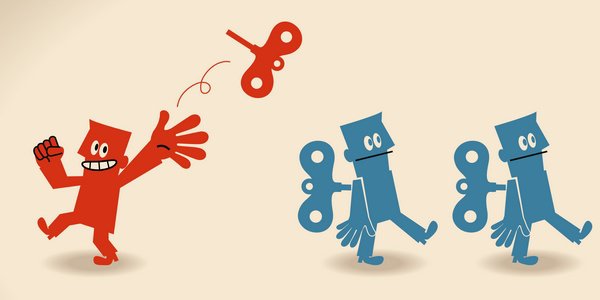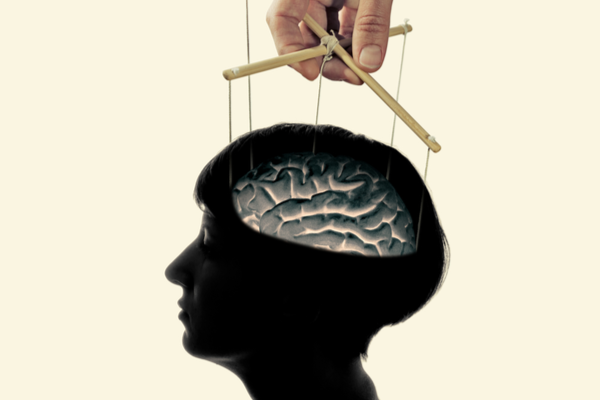
Certain noises make us really crazy. Now science is finally trying to understand why, without demonizing this ailment
Don't store avocado like this: it's dangerousCertain noises make us really crazy. Now science is finally trying to understand why, without demonizing this ailment that afflicts a third of the world's population
We all have a noise that really irritates us. It can be the screeching of nails on the blackboard, or even someone sitting at the table next to us chewing loudly, or even the clicking of fingers on the table. But why do these noises bother us so much that they make us angry and, above all, why does what annoys us vary from person to person?
According to a new study, the first that goes in this direction, the stressful sensations caused by the see someone's fingers drumming on a table (or loud chewing) is an extremely common psychological phenomenon - affecting one in three people in the world. Experts call this phenomenon Misokinesia (from the Greek 'hatred of movement'): this irritation is connected, in turn, to the misophony - a nuisance that occurs every time we hear the same sound repeated obsessively.
Misokinesia is defined as a strongly negative emotional response to the sight of small and repetitive movements made by someone else, such as absentmindedly drumming with the fingers on the table - explain the researchers from the University of British Columbia. - Surprisingly, there is a lack of adequate scientific research on this problem, although many people suffer from it.
(Also Read: Are You Stressed? Your Body's Warning Signs You Shouldn't Ignore)
To study the problem a little better, Canadian researchers conducted a series of experiments on more than 4.000 people, observing the sensations generated by seeing or listening to certain stimuli. It was found that about one third of the participants exhibited forms of Misokinesia in front of repetitive stimuli such as finger drumming - demonstrating that the problem not only afflicts the population with mental illness, but that it is widespread in a large part of the healthy population.
Again thanks to the observation of the volunteers, it emerged that Misokinesia is not always connected to an acoustic sensitivity (misophonia), and that the phenomenon manifests itself in very different degrees in various people, with some who have only mildly said themselves. annoyed and others severely irritated by the repeated sound. In addition, the researchers conducted tests to see if misokinesia originates from hyper-sensitivity of vision, or rather from an inability of the subject to ignore small 'distracting' movements in his own vision.
One of the most interesting perspectives is to understand if the so-called 'mirror neurons' are somehow involved in the onset of the disorder: these neurons would be activated every time we see someone make a small compulsive gesture, transmitting the state of mind (stress , panic, nervousness) of the person making the annoying gesture.
Follow us on Telegram | Instagram | Facebook | TikTok | Youtube
Source: Nature
We also recommend:
- Reading to children makes them less nervous (and calms parents too)
- 10 Bad Nervous Stress Habits That Can Harm Your Health
- Massage your feet in 5 steps to relax before going to sleep


























